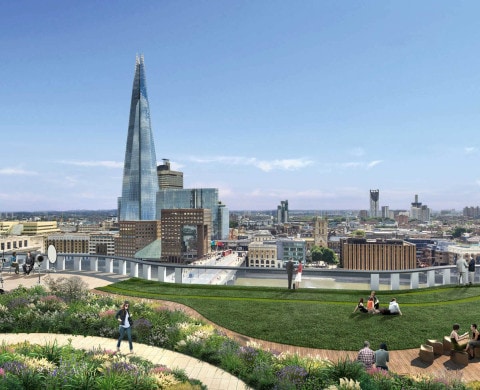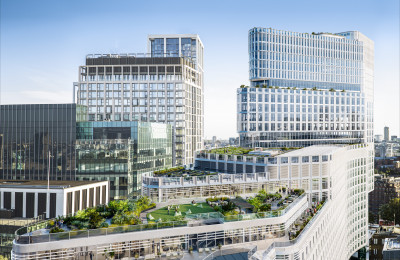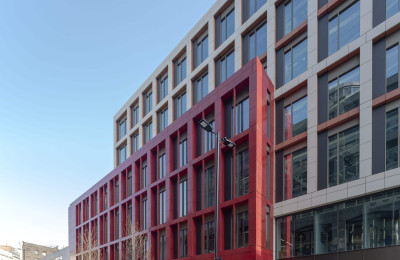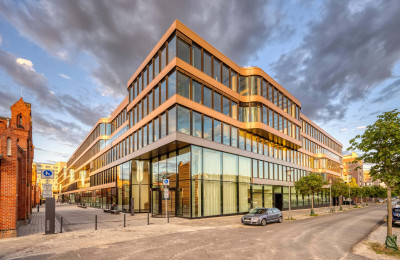An established strategy that suits the post-COVID world
Our Group CEO, Marian Herman, recently spoke to the Slovak daily, Dennik N. The in-depth interview saw him discuss his experiences at HB Reavis and our vision for the future. In this short excerpt, he talks through our innovative response to COVID.
What did the COVID ‘work-from-home’ approach have on the office market?
It depends on the kind of work you do. Central Europe’s offices may have suffered more because it’s got so many shared service centres: work that can be done from home – though perhaps not over the long-term.
In the West, the greater numbers of headquarters and research centres require employee interaction. With the exception of accounting, there aren’t many typical jobs that can be completely delivered from home.
Hybrid working patterns won’t go away. But their use will vary. Aside from the type of job, it’s hard to commute in larger cities like London – and key modes like the Underground pose a greater epidemic risk than travelling by car.
In the future, all this means is that offices will evolve. They’ll focus on supporting interactions, creative work and eye-to-eye communication. Without these elements of work, it’s impossible to create a company culture and build loyalty.
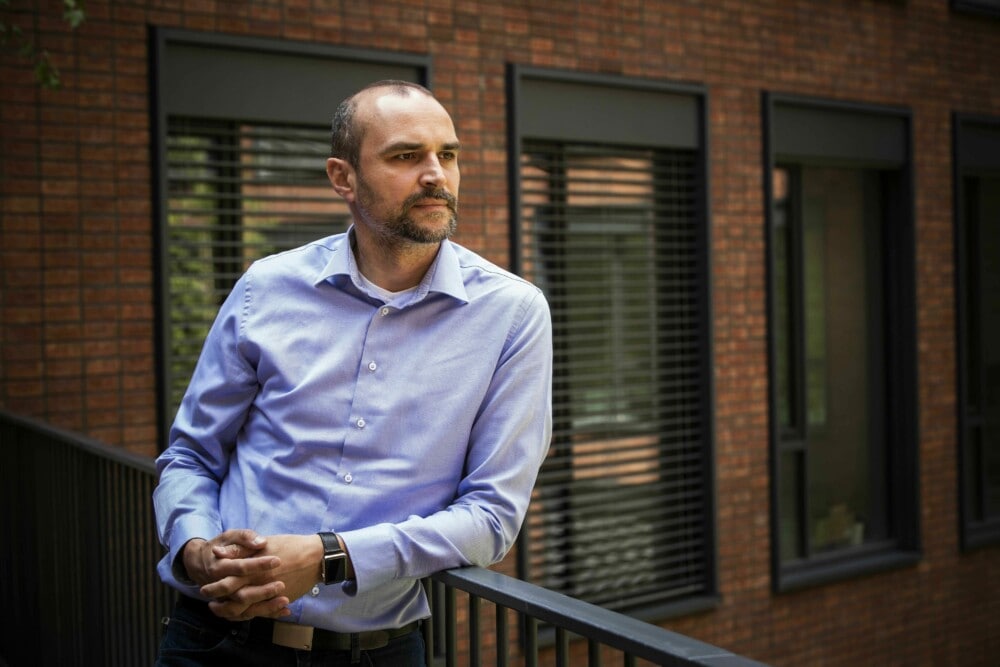
But won’t employers ultimately want smaller premises?
Possibly slightly. But on the other hand, the demand for quality premises in good locations is rising.
We always build by traffic hubs. Our post-COVID measures include oxygen and wellbeing features. And there’s another huge topic – responsibility.
The global real-estate sector produces up to 40 percent of all emissions. And many multinationals have committed to only basing operations in carbon-neutral buildings by 2030.
There are tens of names on that list, including Microsoft. But you can count the carbon-neutral buildings in Europe on one hand.
What does that mean from a technology perspective?
It’s not actually that difficult to run a building in a carbon-neutral way if you plan for this requirement in the initial design.
The problem is the emissions produced during construction. It’s technically impossible to be carbon neutral, so you have to offset. Worship Square, which we’re currently building in London, will be our first carbon-neutral building with a realistic ambition of taking the carbon neutrality of the whole construction process into account.
It’s this approach that ensures we attract the right tenants. And helps us achieve higher rents than in pre-COVID times. The contracts we recently signed are proof of the strategy.
How big is your pipeline?
On all markets combined, we’ve €6.1 billion of in-progress projects.
Historically we’ve sold almost every building we’ve built. But we’ve taken the decision to change strategy – to keep and run our projects. We’re not just a developer anymore. We’re more of a developer and holding investor.
But that means you are giving up cash income from sales.
Our plan is to create a separate investments branch which will be financed by issuing Eurobonds.
Construction will slow a little. For the long term, we’re planning to invest most of our money into London, closely followed by Germany. And Germany is particularly interesting as it’s not all about its capital – we’re looking outside Berlin.
Don’t miss out on any of our blogs. Sign up for our newsletter and we’ll keep in touch:
"*" indicates required fields
